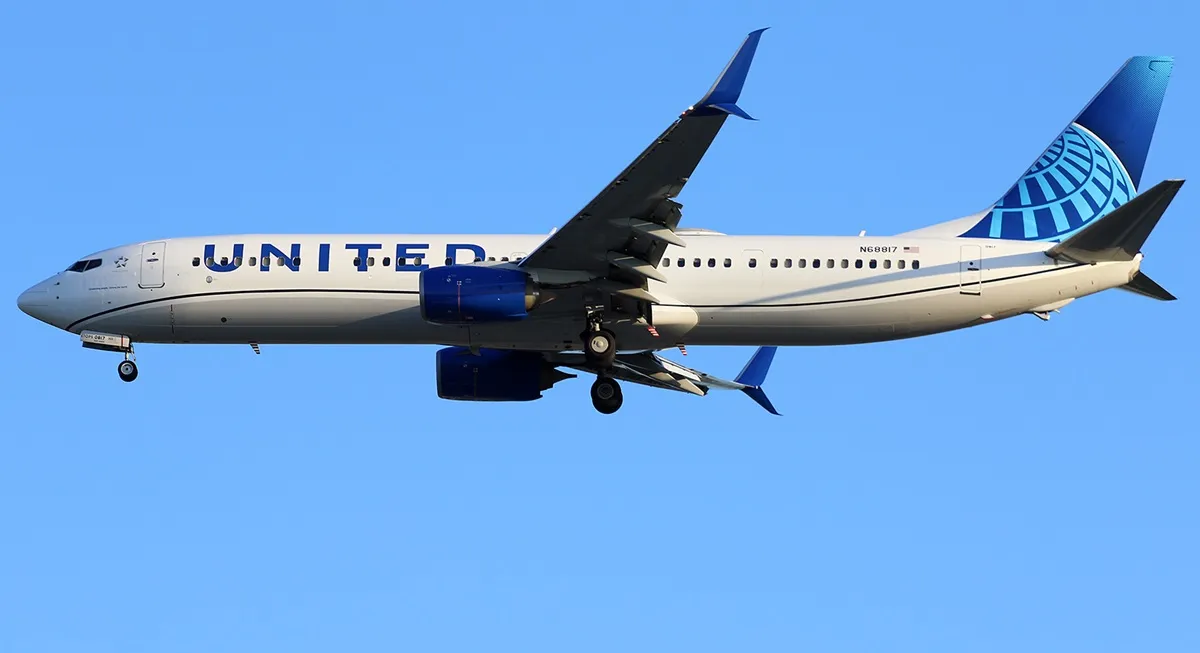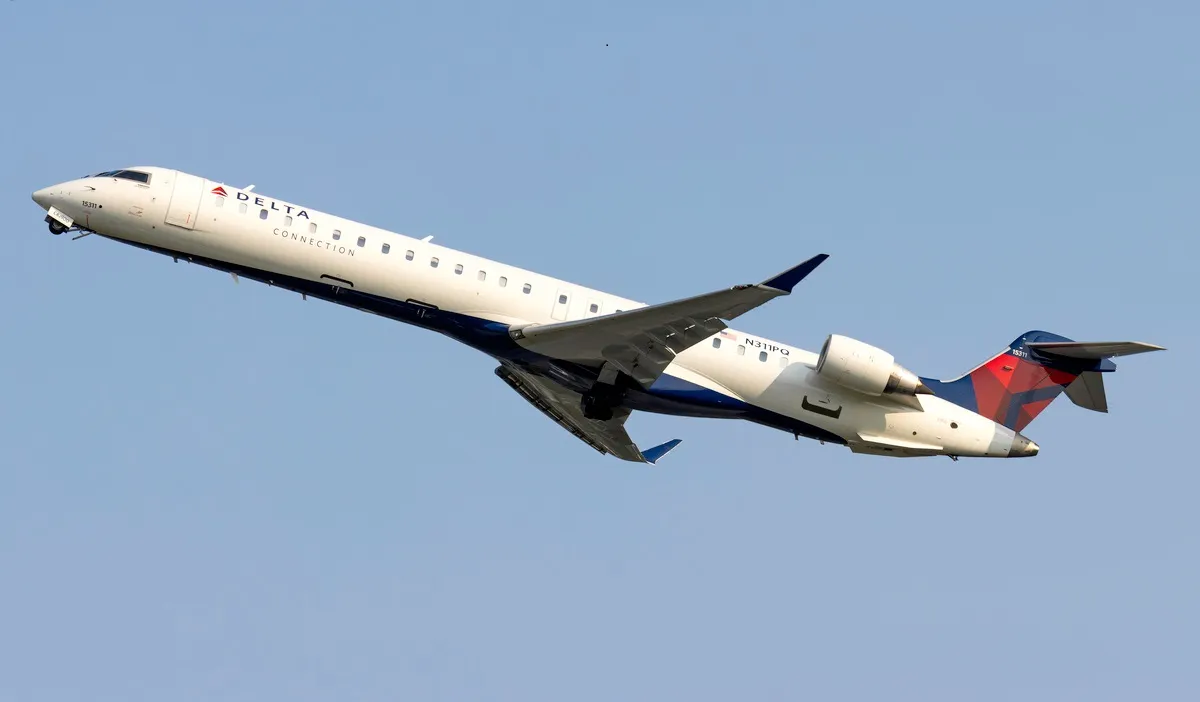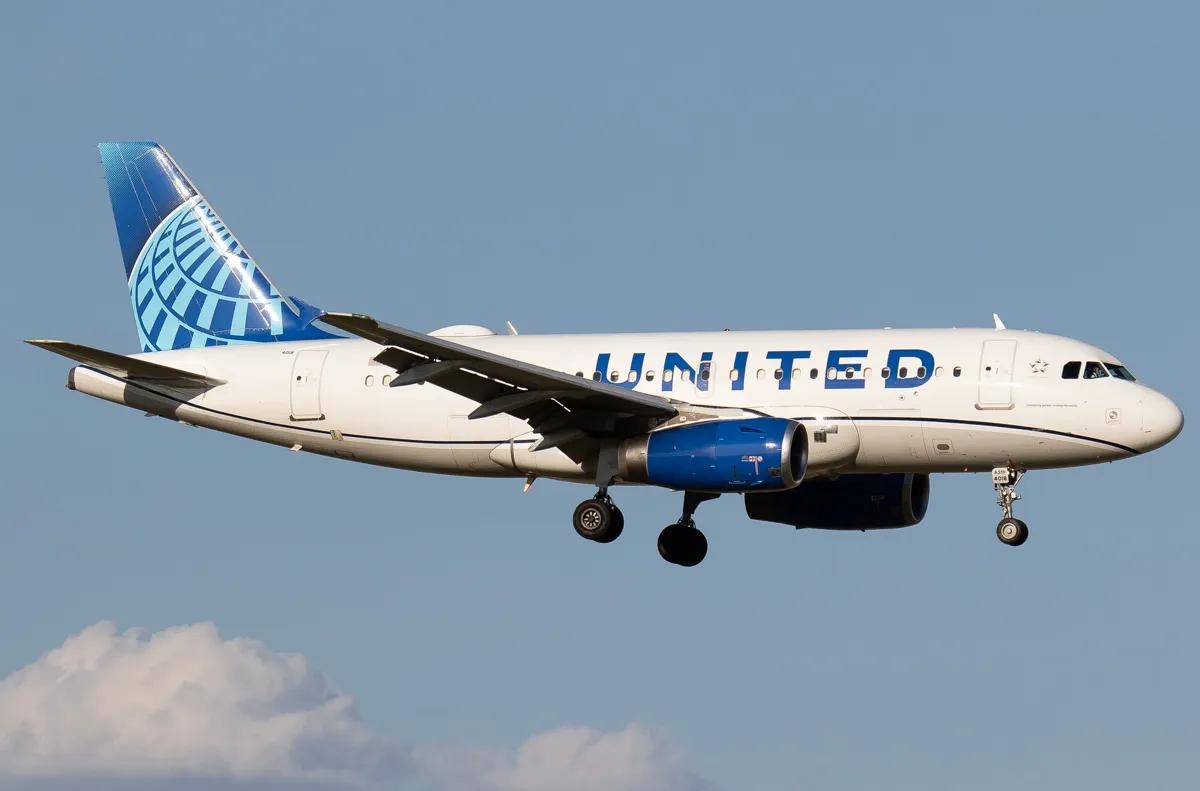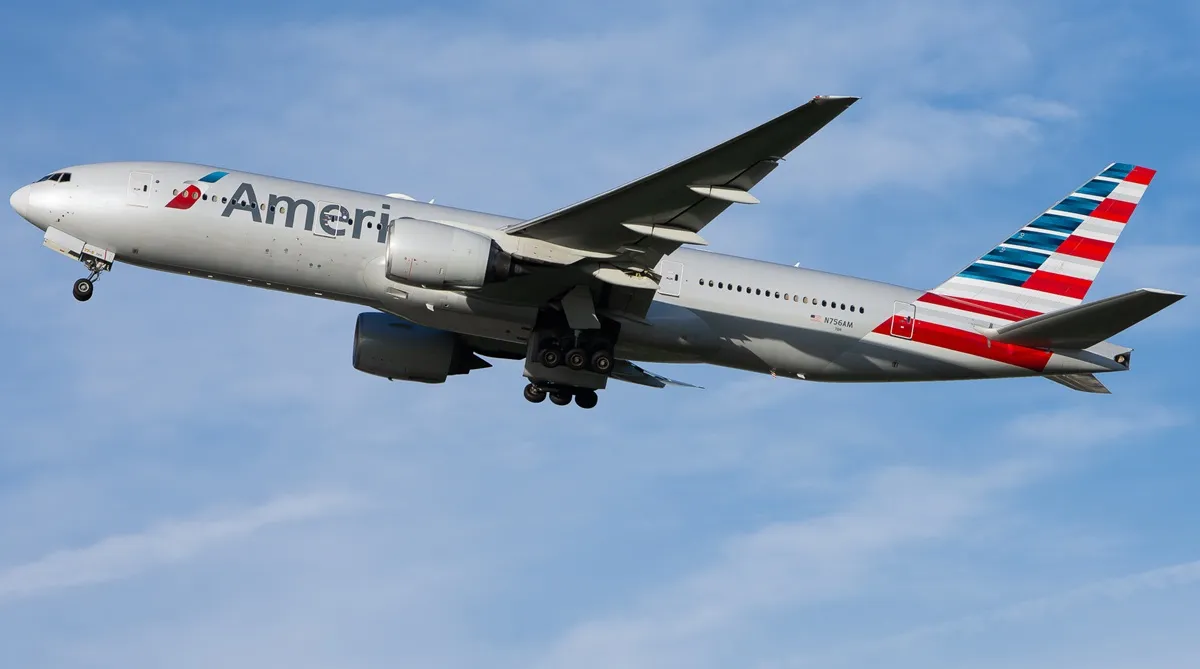
A Spirit Airlines executive argues that major US carriers have sought to put the discounter “out of business” as it faces imminent de-listing from the New York Stock Exchange (NYSE).
Spirit’s stock will be de-listed from the NYSE on 16 December, confirming the struggling carrier’s earlier prediction that it would be dropped from the world’s largest exchange amid bankruptcy proceedings.
The NYSE notified the US Securities and Exchange Commission (SEC) of the decision in a 5 December filing, which notes that all existing shares will be wiped out as a result of its Chapter 11 restructuring.
”All of the company’s existing common stock and other equity interests will be cancelled without any distributions to the holders of such common stock and other equity interests on account thereof,” reads the SEC filing.
Spirit had an opportunity to appeal the NYSE’s decision but did not file such a request.
Trading of Spirit stock under the SAVE ticker was suspended following the company’s bankruptcy filing on 18 November.
The stock has since started trading on the OTC Pink Market – ”a significantly more-limited market” than the NYSE, Spirit said on 20 November.
“The company can provide no assurance that its common stock will continue to trade on this market.”
Spirit executives maintain that the ultra-low-cost carrier (ULCC) will emerge from bankruptcy with a stronger balance sheet, and insist there are no plans to cease operations.
However, some airline industry observers say that Spirit’s underlying issues, including its cost structure, are unlikely to be addressed by reorganisation.
Predictions abound that Spirit will be acquired by a competitor or its A320neo-family jets will be liquidated after it completes Chapter 11 proceedings in the first quarter.
Notably, United Airlines CEO Scott Kirby recently speculated that fleet liquidation is Spirit’s most likely fate, Travel + Leisure reports.
Kirby’s comments are loaded, as United may have interest in some or all of Spirit’s assets.
Matt Klein, Spirit’s chief commercial officer, testified to a US senate subcommittee on 4 December that United and others full-service carriers have intentionally dialled up competitive pressure on the ULCC, hoping for a collapse.
”For a very long time, we have been dealing with the lack of access to certain airports,” he says. ”When we do get some access, it is limited and frequently we are given gates but they are on the far ends of the airport, which makes it very difficult to provide a good guest experience.
It makes it very difficult for us to operate efficiently and effectively. It raises our costs, which of course makes it very hard to be profitable.”
Klein further points to a “manufactured pilot shortage” coming out of the Covid-19 pandemic ”where some of our legacy carrier competitors basically paid their most senior pilots to retire early”.
Such carriers as American Airlines, Delta Air Lines and United then “turned around and hired all of our pilots, or a lot of our pilots”, Klein says.
Spirit has in recent months furloughed hundreds of pilots as it makes drastic cuts to its network and passenger capacity, partially in response to an oversaturated domestic leisure market.
But Klein says pilot-poaching fits into a broader pattern of major US airlines targeting Spirit.
“Some CEOs have said they’re gunning for us,” he says. “They want to put us out of business and they just can’t wait for that to happen.”
Spirit CEO Ted Christie has previously characterised the US airline industry as an “evermore rigged game” in which most profits are ”concentrated in just two companies”, referring to Delta and United.



